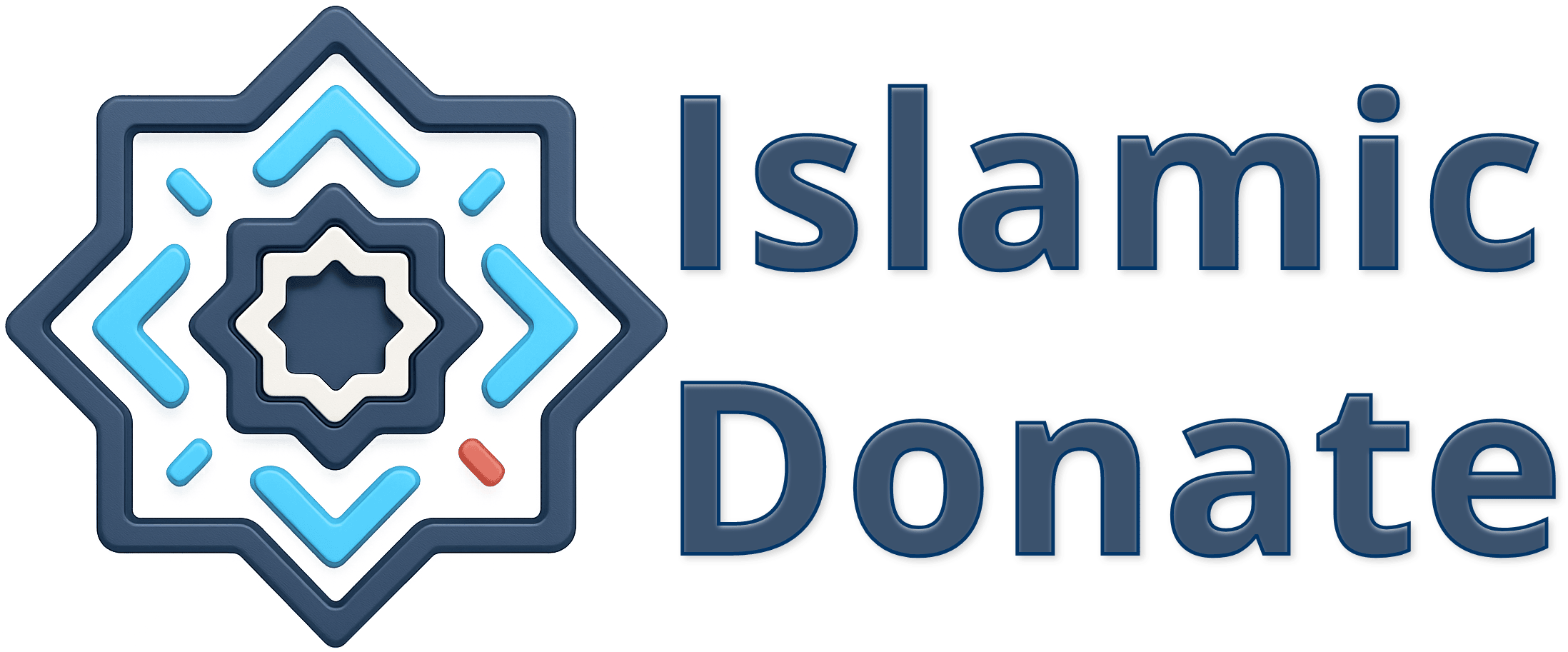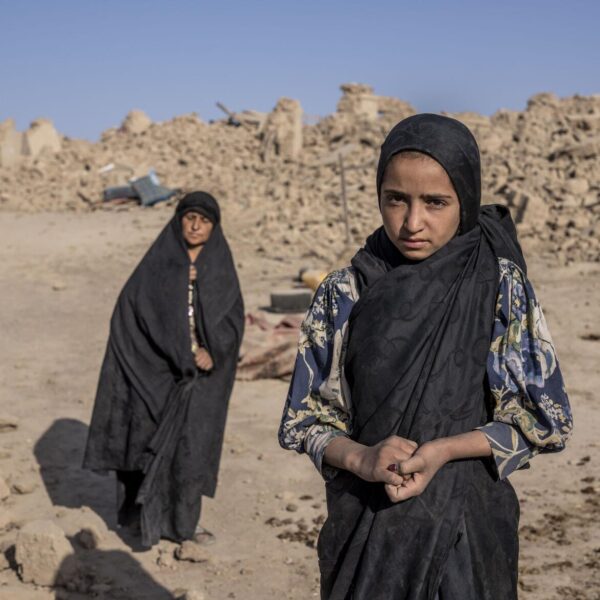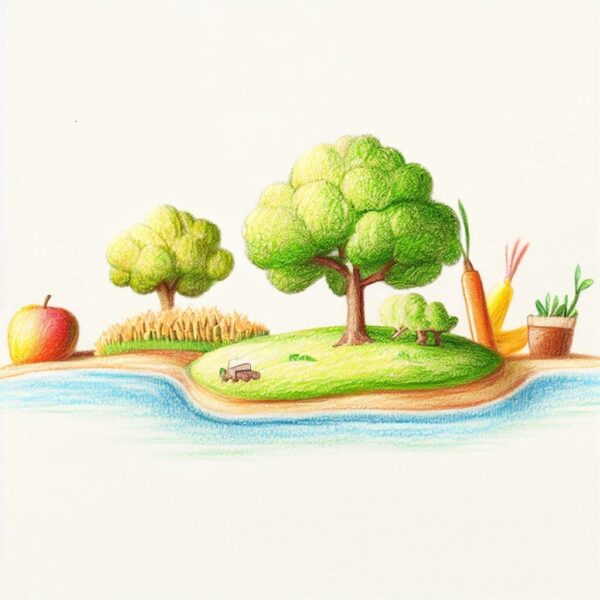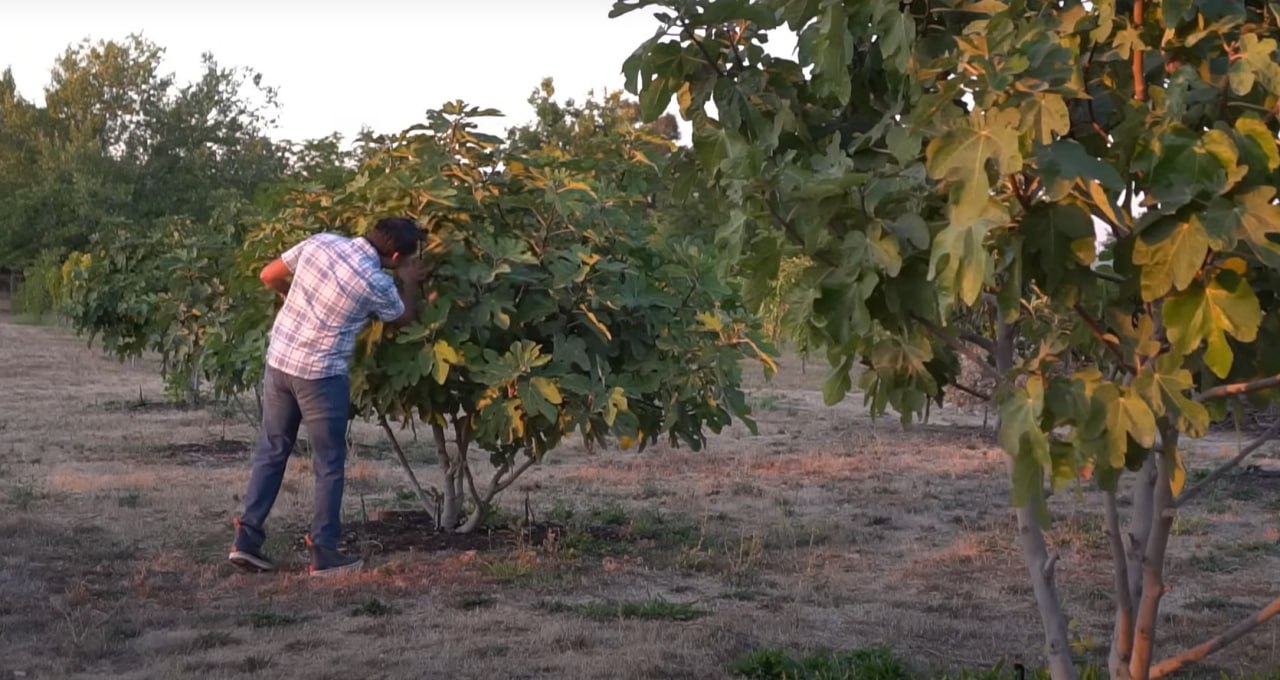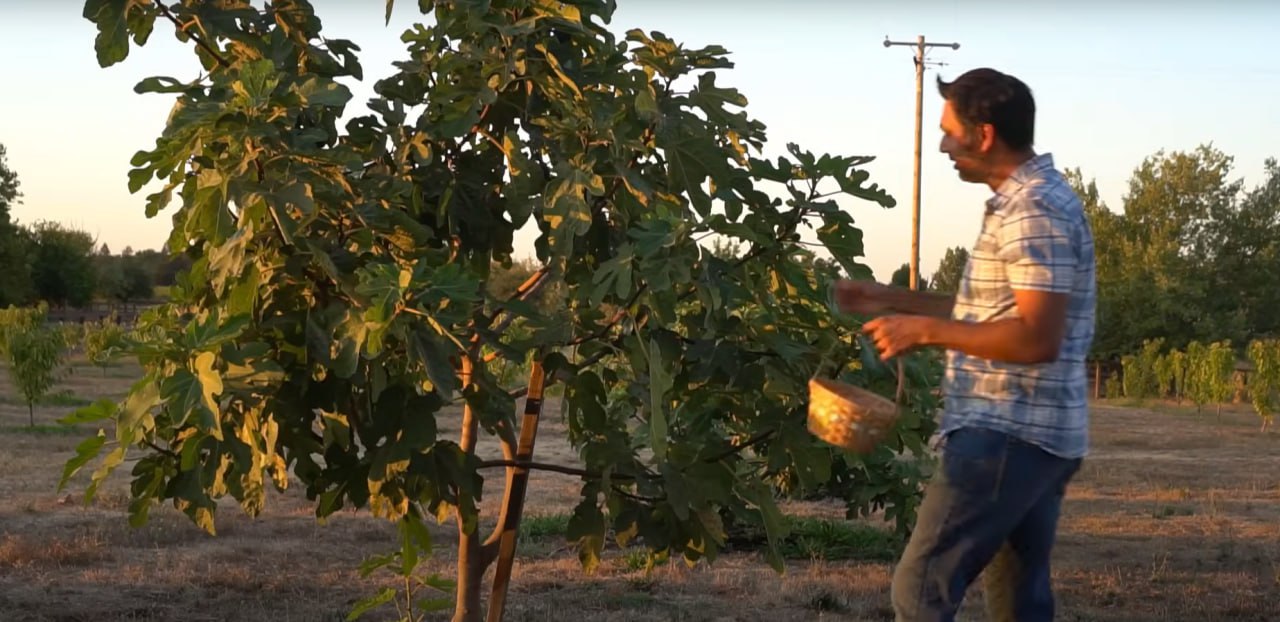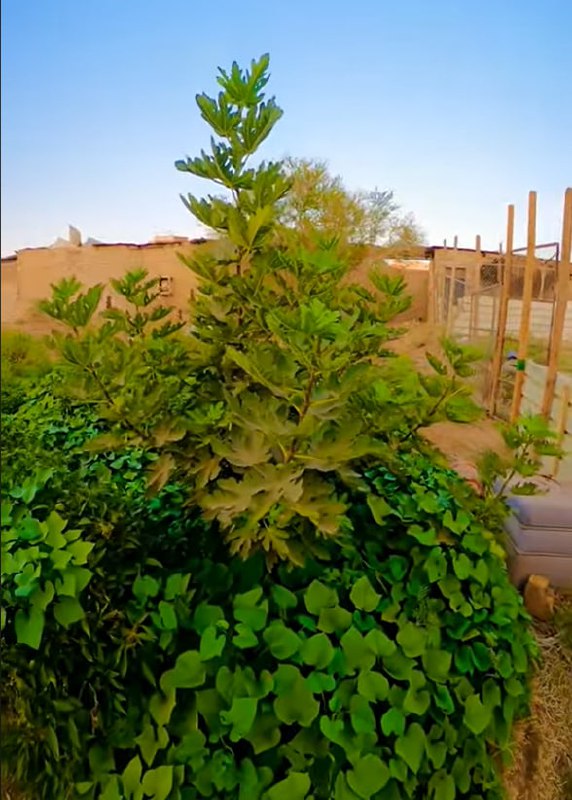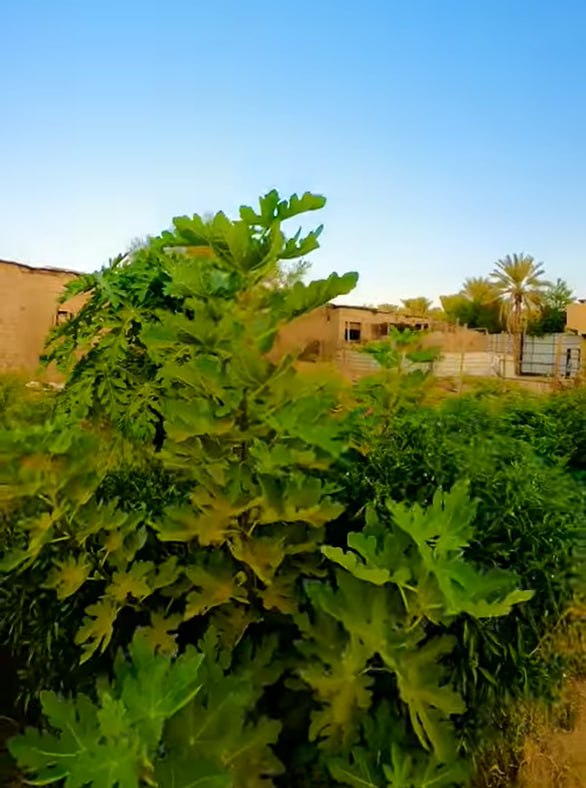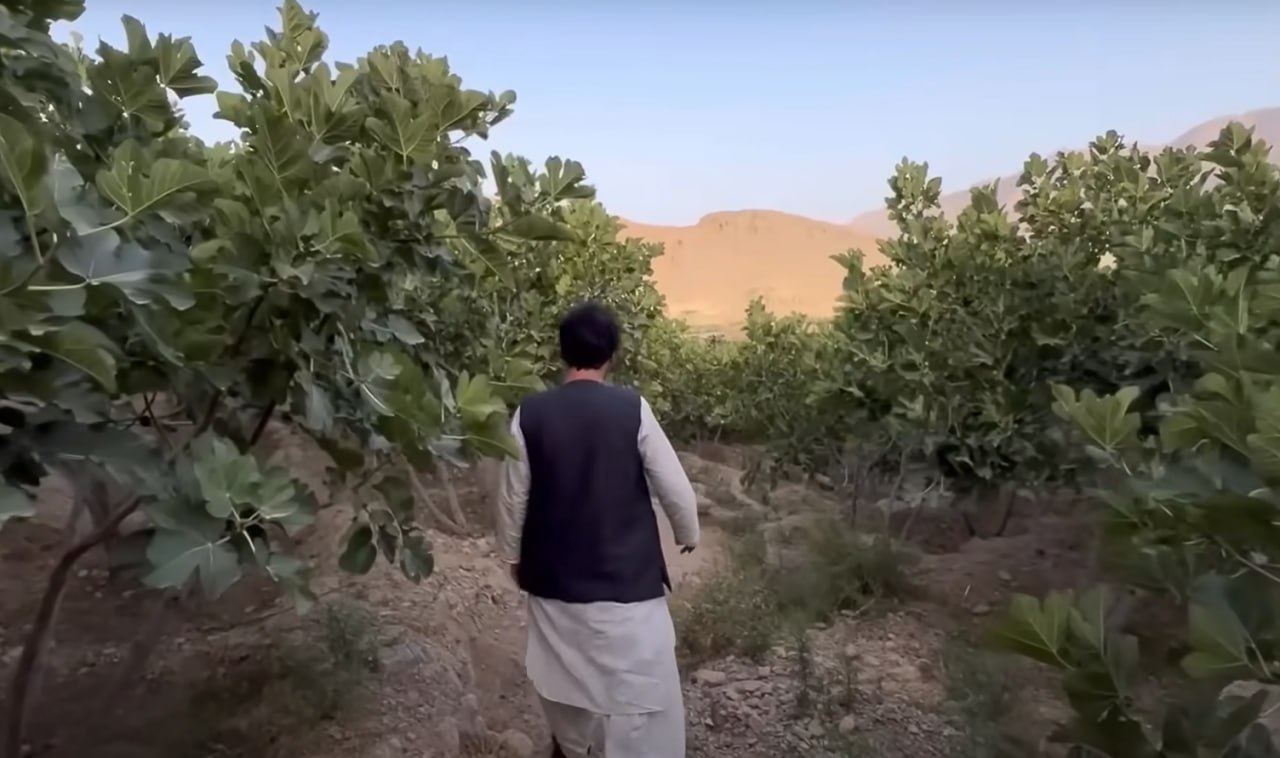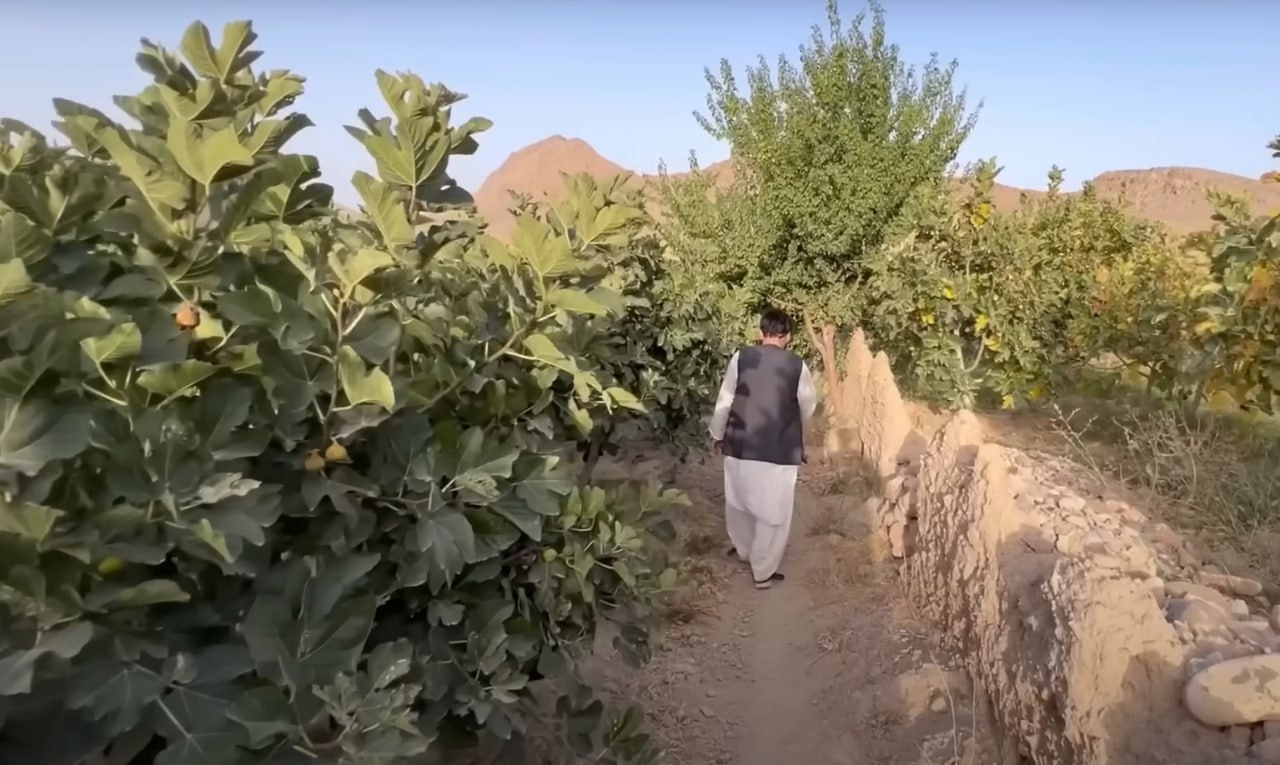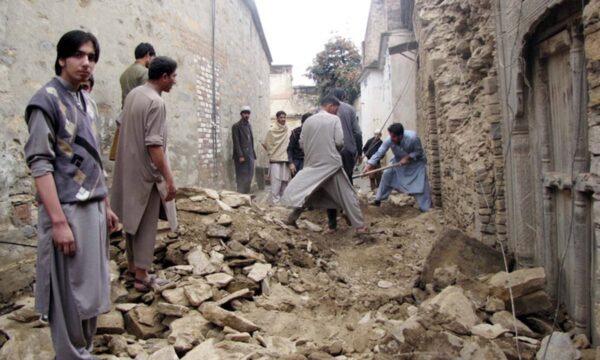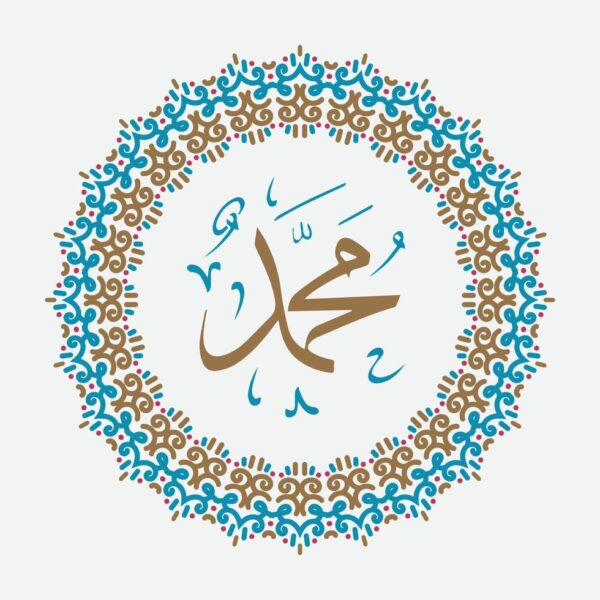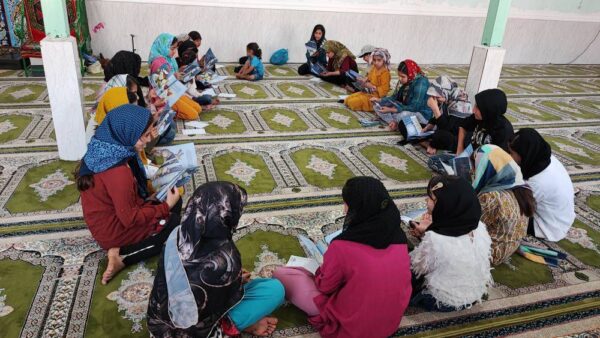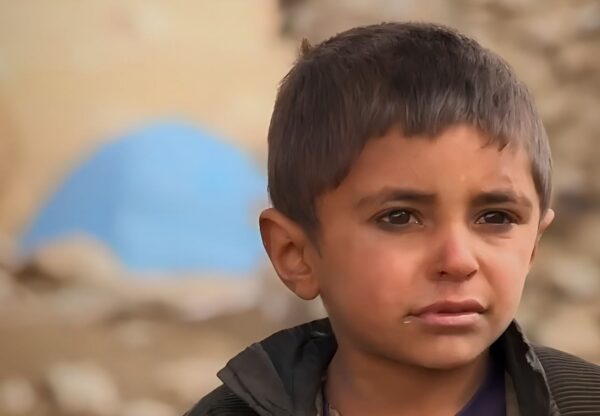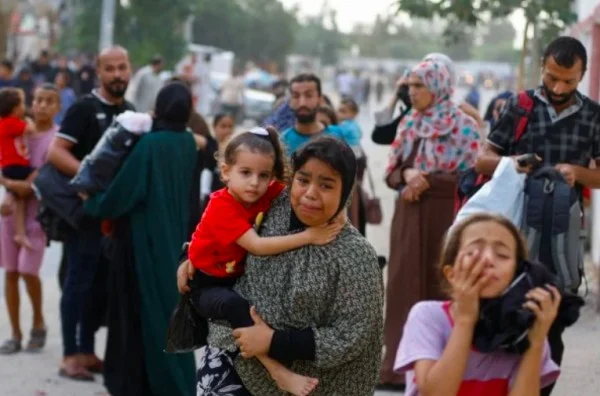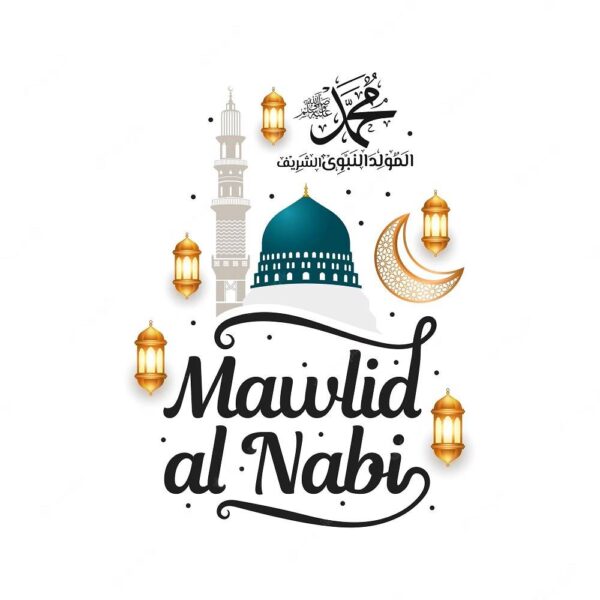Crypto-Powered Aid: Islamic Charity Responds to the 2023 Afghanistan Earthquake
The Afghanistan earthquake 2023 was one of the worst natural disasters in the history of the country. The 6.3-magnitude earthquake struck the western province of Herat on October 8, followed by several aftershocks in the following days. The earthquake killed more than 2,000 people, injured thousands more, and destroyed or damaged tens of thousands of homes. The earthquake also triggered landslides, floods, and fires that worsened the situation. The people of Afghanistan are facing a humanitarian crisis that requires an urgent and effective response from the international community.
As an Islamic charity institution, we are committed to helping our brothers and sisters in Afghanistan who are suffering from this calamity. We believe that providing first aid to the victims is one of the best forms of Sadaqah Jariyah, or ongoing charity, that benefits both the giver and the receiver in this life and the hereafter. In this article, we will share with you how our Islamic charity is providing first aid to the victims of the 2023 Afghanistan earthquake using crypto as a means of payment and donation.
What is First Aid?
First aid is the immediate and temporary care given to a person who is injured or ill until professional medical help arrives. First aid can save lives, prevent further harm, and reduce pain and suffering. First aid can include actions such as:
- Checking for signs of life, such as breathing and pulse
- Calling for emergency services or contacting local authorities
- Performing cardiopulmonary resuscitation (CPR) or using an automated external defibrillator (AED) if needed
- Stopping bleeding by applying pressure or bandages
- Cleaning and dressing wounds to prevent infection
- Immobilizing broken bones or sprains with splints or slings
- Treating burns with cool water or moist dressings
- Giving painkillers or antibiotics if available
- Providing emotional support and reassurance
First aid can also involve using items such as:
- A first aid kit that contains essential supplies such as bandages, gauze, antiseptics, scissors, tweezers, gloves, etc.
- A first aid manual that provides instructions and guidelines on how to perform first aid
- A mobile phone or radio that can be used to call for help or communicate with others
- A flashlight or whistle that can be used to signal for help or attract attention
- A blanket or warm clothes that can be used to keep the person warm and prevent shock
How Did We Provide First Aid to the Victims of the Afghanistan Earthquake 2023?
We provided first aid to the victims of the 2023 Afghanistan earthquake in four different ways. According to the new report on this relief, we were able to provide these services to our brothers and sisters for the second time and thanks to our dear donors:
- We distributed first aid kits to more than 1000 families in the worst-hit areas of Herat province. Each first aid kit contained essential supplies such as bandages, gauze, antiseptics, scissors, tweezers, gloves, etc. We also included a first aid manual that provided instructions and guidelines on how to perform first aid.
- We trained more than 800 people in basic first aid skills in the remote and rural areas of Herat province. We taught them how to check for signs of life, call for help, perform CPR or use AEDs if needed, stop bleeding, clean and dress wounds, immobilize broken bones or sprains, treat burns, give painkillers or antibiotics if available, and provide emotional support and reassurance.
- We delivered first aid supplies and equipment to more than 2,000 people who were injured or sick in the earthquake. We used mobile phones or radios to communicate with the local authorities or health facilities and identify the locations and needs of the people who required urgent medical attention. We also used trucks or motorcycles to transport the first aid supplies and equipment, such as bandages, gauze, antiseptics, syringes, thermometers, oxygen cylinders, etc. We also partnered with local doctors and nurses to provide medical care and treatment.
- We provided blankets and warm clothes to more than 3,000 people who were cold and in shock in the earthquake. We used flashlights or whistles to signal for help or attract attention in the dark or noisy areas. We also used blankets or warm clothes to keep the people warm and prevent shock. We also gave them water and food to keep them hydrated and nourished.
These concerted efforts are just some of the examples of how our Islamic charity institution is making a profound difference in the lives of people and their communities through vital first aid projects, bolstered by the innovative application of crypto. We extend our deepest gratitude for your generous support and invaluable donations that have made this life-saving work possible. Your contributions directly support Afghanistan earthquake victims with essential first aid and long-term recovery. May Allah (SWT) reward you abundantly for your kindness, generosity, and unwavering commitment to helping those in desperate need.
Help Afghanistan: Donate with Cryptocurrency

